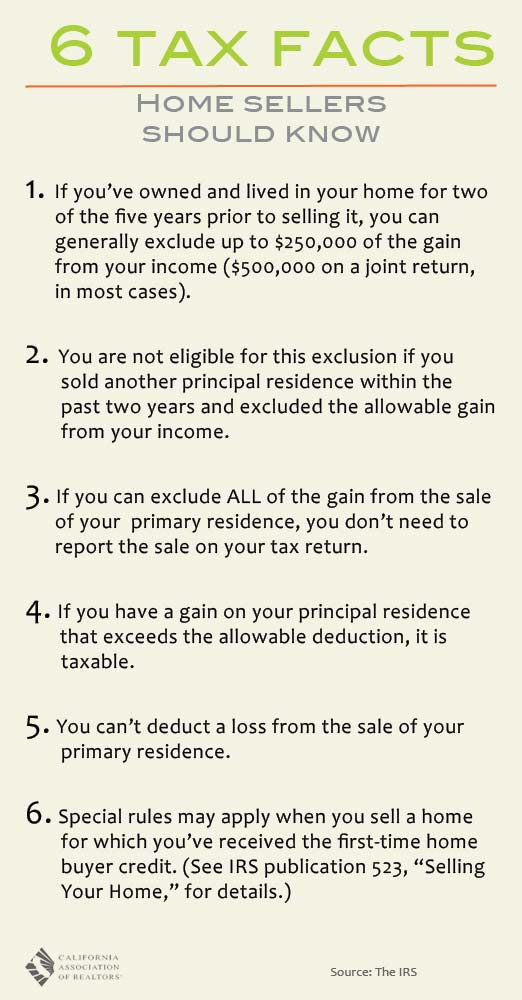Before you get into this blog post, let me remind you that I am not a tax account and you should always discuss tax issues with a tax accountant. I am just giving you a heads up to make sure that you are prepared for the tax increases, and subsequent increases in your house payment, that you will see over then next couple of years.
I am sure you have heard the old expression, “What goes up, must come down.”, but when it comes to taxes, generally the opposite is true.
First of all, we are discussing in this post is your “Ad Valorem” taxes. The basic property tax that is calculated at 1% of the value of your home. There are other taxes and assessments, such as the Mello-Roos tax (1982), but they are not a part of this discussion.
Secondly, since the passing of Prop 13 in June of 1978 and the amendment of its provisions through Prop 8 in November of 1978 to deal with declining assessments, property tax increases have been limited because the assessor could only increase the assessed value of the property by a maximum of 2% per year, regardless of the increase in the market value of your property. So, in general, even if your property increased in value by 10% or more each year, your assessed value would only go up by 2%. The purpose of Prop 13 was to keep people from being taxed out of their homes as property values increased.
There were people in some of the more populated parts of the state who purchased their homes back in the 1950’s for $10,000 or less, and by their retirement years the property values had increased to over $1,000,000. Their tax bill was now more each year that the original cost of the home. Most of these retirees could not afford to live in their home and had to sell and move.
For my clients who purchased their homes 10 to 20 years ago, you will probably not see any drastic changes in your property taxes because the house you purchases for $180,000 back in 1994, your current property value probably never fell below the market value. Generally, unless you refinanced every couple of years, you were not under water when the housing market crashed. Your property tax changes will probably only amount to about $10,00 per month different each year.
Most of my clients have bought or sold homes in the last 10 years or so. For example, if your house was valued at $200,000 when you bought it in 1995, and rose to $400,000 during the last market run up in 2005, the taxes, thanks to Prop 13, would have increased from a little over $2,000 per year to about $2438. That is a lot better than increasing to $4,000.
Those of you who bought at the top of the market in the mid 2000s, have seen your property values drop by 30 to 50% with the real estate crash. You have also been the beneficiary of the Prop 8 declining reassessments. If you hung on to your property, paid your mortgage rather than throw in the towel, even though your house was worth less than the mortgage, you will also be subject to larger than normal property tax increases as property values climb.
For example, if you bought a $400,000 house when the market was high in 2008 or 2009, for example, your property taxes would have been about $4,000 per year. As your property values dropped to $200,000 your taxes should have also dropped, from about $4,000 to about $2,000 per year. When the assessor reassesses your property next year, it may jump back up to $250,000 in value. That would cause your property taxes to jump by about $500 in one short year. Your taxes would continue to climb at the rate your house value increased until it reached the highest value it was before the Prop 8 reductions. At that point in time, you would get back to a simple 2% increase in assessed property values.
—————————————————————————————————————————–
Start building your memories,
as you turn your house into a home.
As you might guess, this document is a compilation of information from our own efforts as REALTORS, as well as input from other REALTORS in our Coldwell Banker office. I hope it has been of value to you. Don’t hesitate to email us with any suggestions that will make this document better for you and your fellow homeowners!
Be sure to follow us on Facebook at ![]() www.Facebook.com/ElkGroveRealEstate. For information about properties available for sale and for more information for buyers and sellers, please visit our website at www.ElkGroveRealEstate.com and don’t hesitate to give us a call or drop us an email with your questions.
www.Facebook.com/ElkGroveRealEstate. For information about properties available for sale and for more information for buyers and sellers, please visit our website at www.ElkGroveRealEstate.com and don’t hesitate to give us a call or drop us an email with your questions.
| ©2013 Coldwell Banker Real Estate LLC. All Rights Reserved. Coldwell Banker® is a registered trademark licensed to Coldwell Banker Real Estate LLC. An Equal Opportunity Company. Equal Housing Opportunity. Each Coldwell Banker Residential Brokerage Office Is Owned by a Subsidiary of NRT LLC. If your property is listed with a real estate broker, please disregard. BRE License #01908304 |


